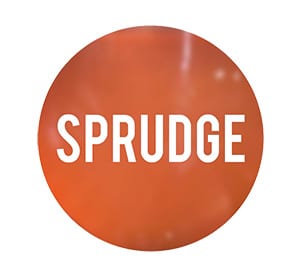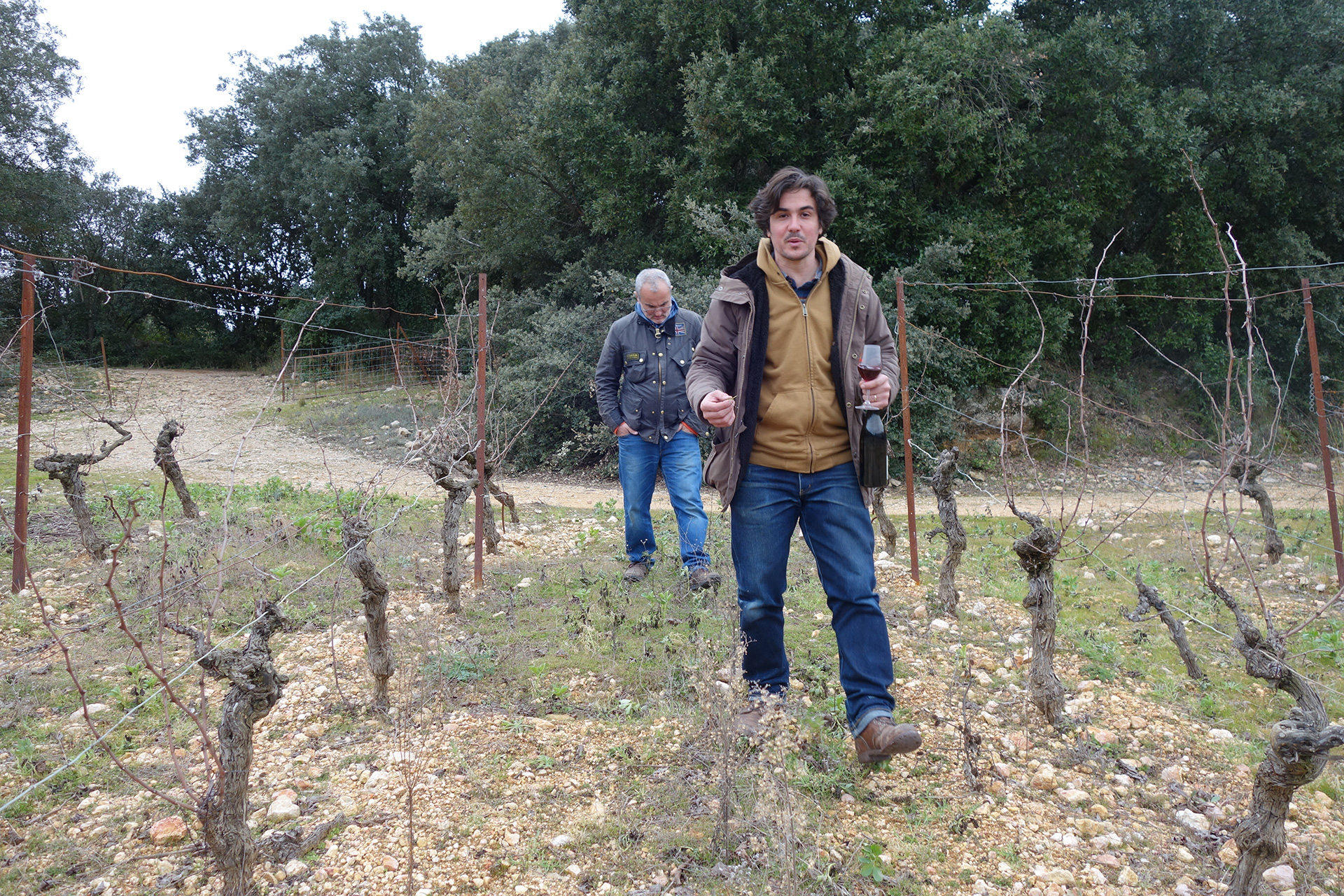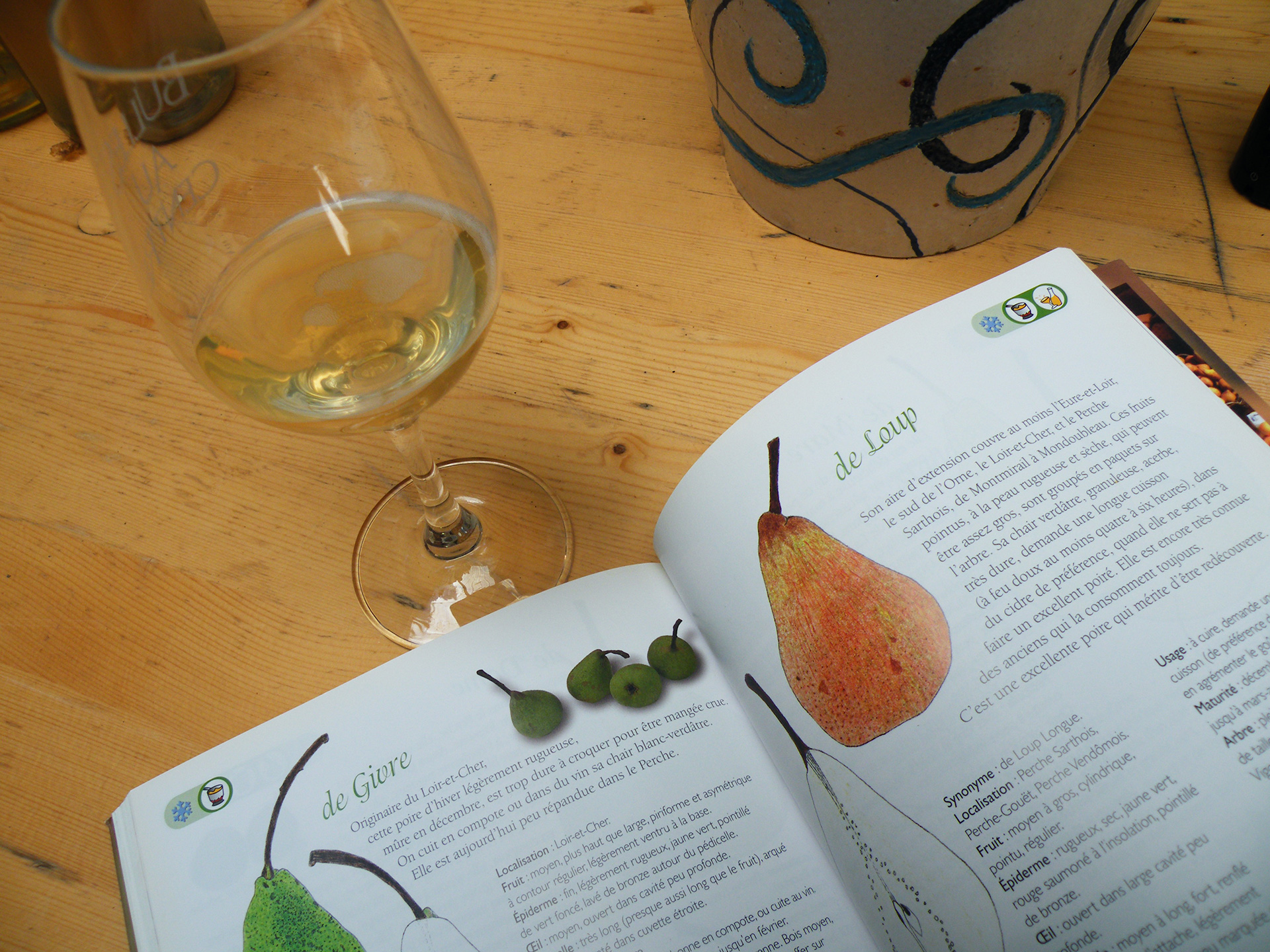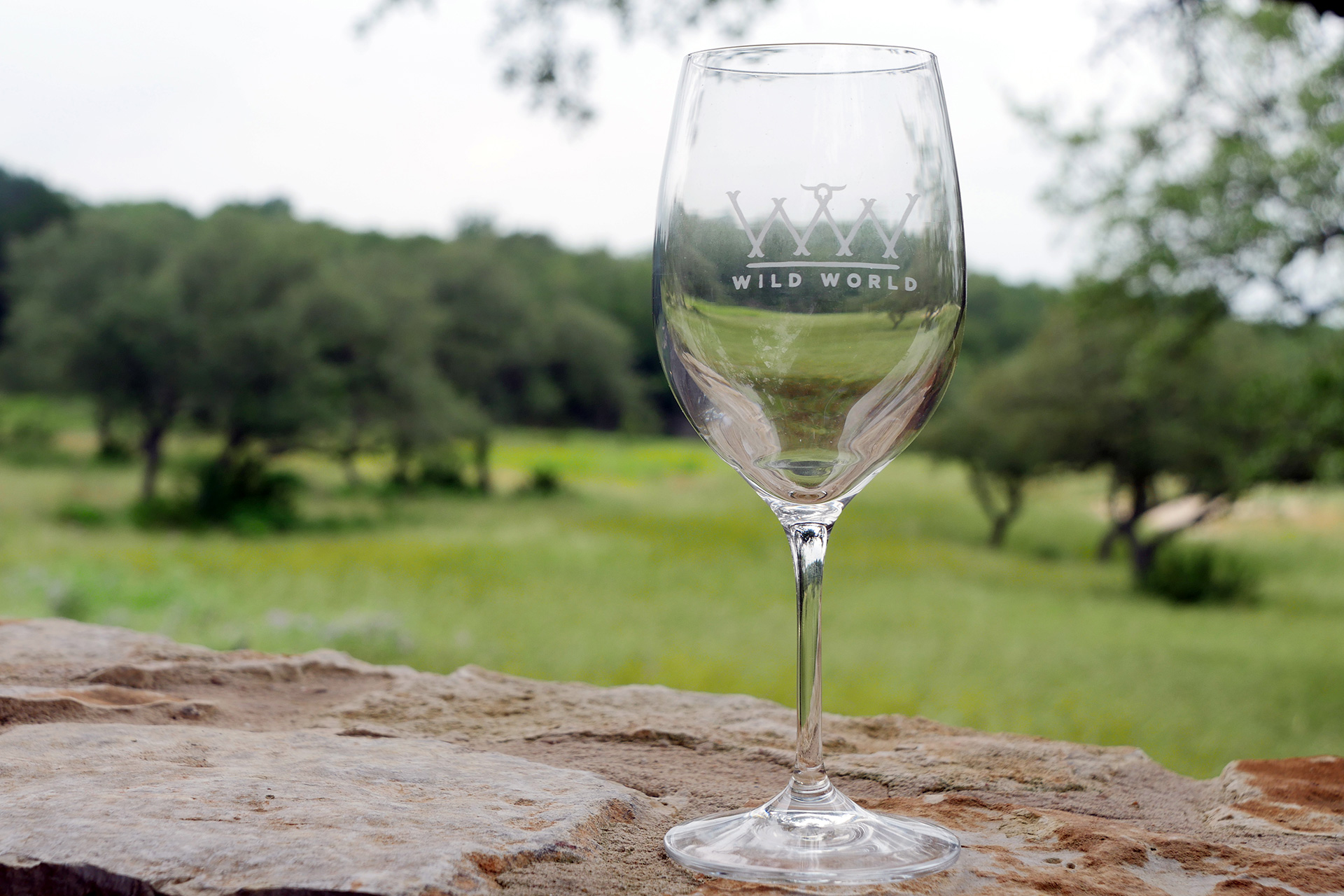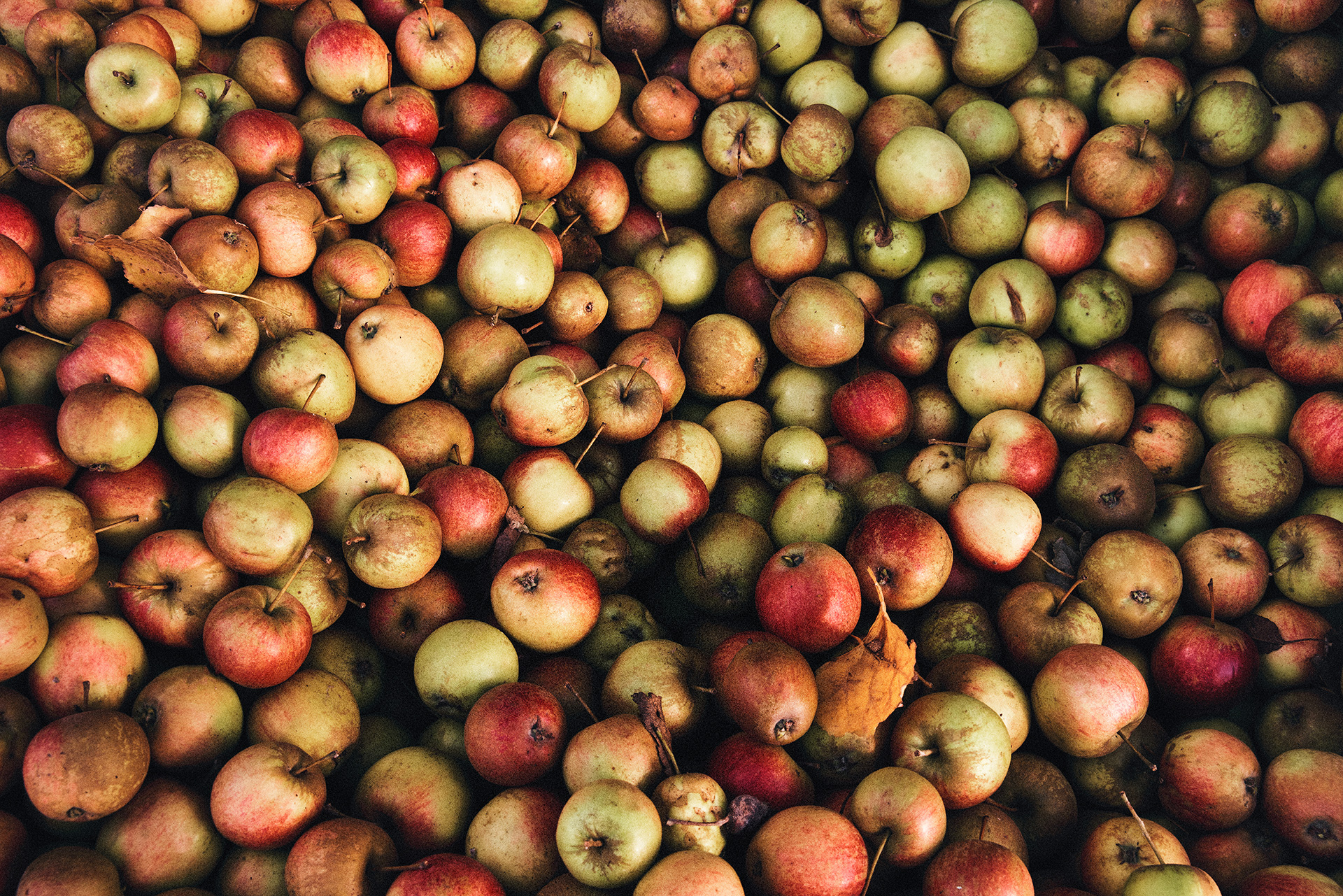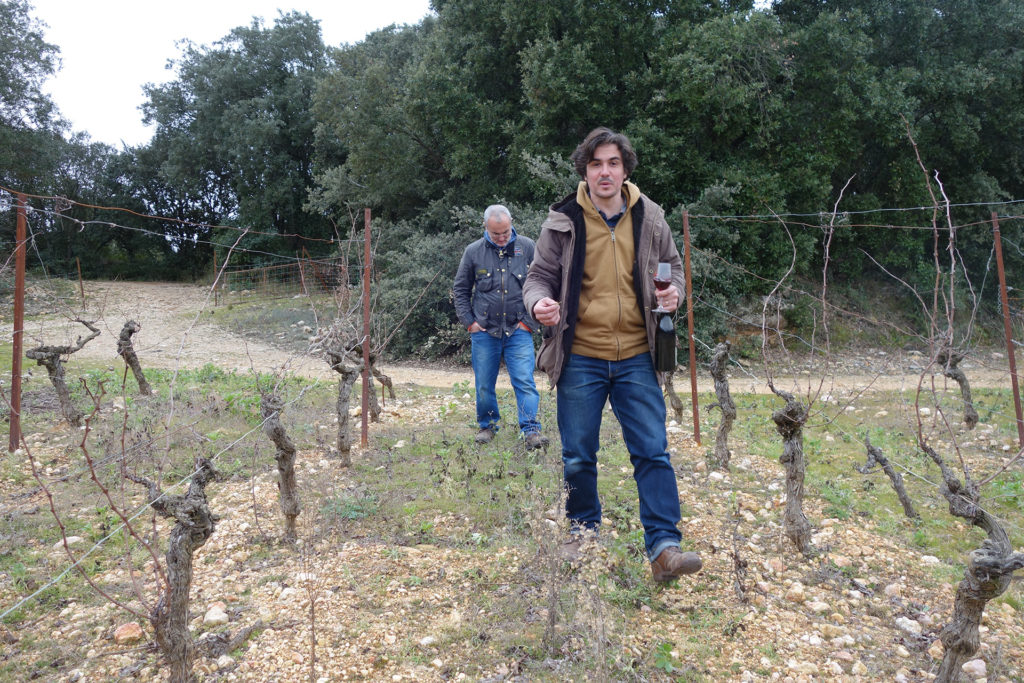
Wine glasses in hand, mid-tasting, Languedoc winemaker Olivier Cohen and his father and I troop across the road from his winery to see a parcel of Cohen’s Merlot. Cohen stops at his mailbox on the way, discovering inside it something resembling an auburn, dirt-encrusted pebble, which he holds in his palm for me to examine.
“It’s a truffle!” he reveals, chuckling. He explains that a friend is training a dog to hunt truffles; they had been practicing in the oaks that border his Merlot.
Goateed and quick to grin, Cohen resembles a young French Burt Reynolds. It’s been five years since he set up his winery here in Argelliers, a small village in the scrubland north of Montpellier, and began releasing a small production of natural wines, often mixed-vintage blends, to steady acclaim throughout France’s natural wine bars. He clearly revels in the scenery and his adopted life as a vigneron, even on an overcast day in late January.
“My wife and I are both from Nice,” he explains as we cross the road. “The first time we came here, we were on the road above the village where there’s only forest, and we felt like we were at the end of the world. We said we’d never move this far out.”
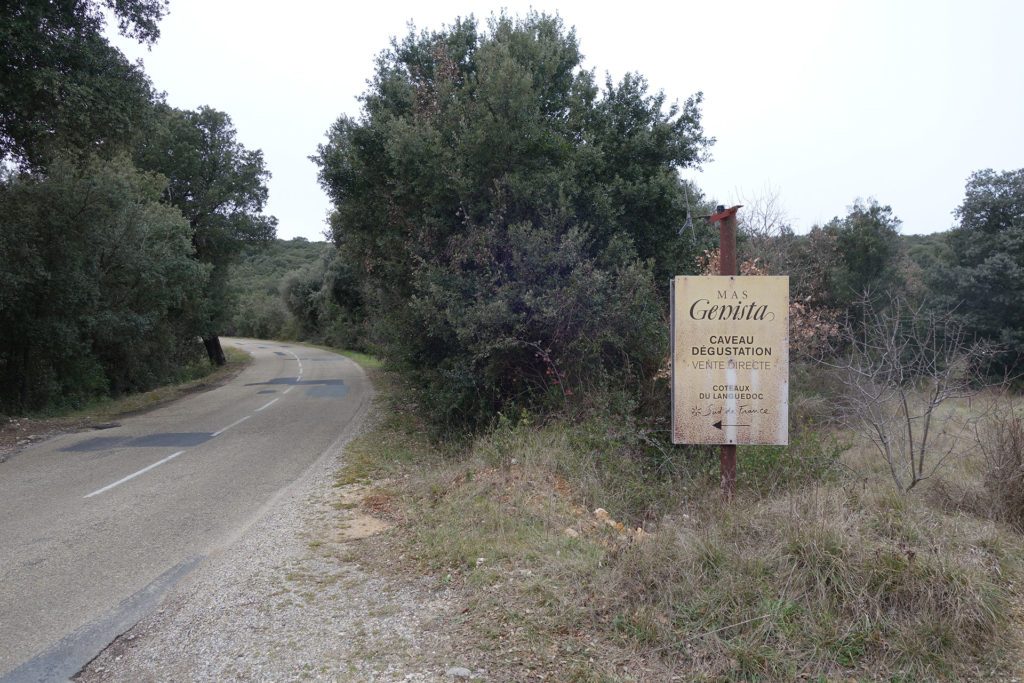
In reality, as they soon enough discovered, the city of Montpellier is just a 30-minute drive away, depending on traffic.
“Now that we live here, we almost never go down to Montpellier,” he says, laughing. “But it was reassuring to have a big city nearby.”
Throughout seven hectares, Cohen cultivates Merlot, Syrah, Cinsault, Grenache, Carignan, and Cabernet Sauvignon, on mostly red-clay soil with limestone accents. The Merlot vineyard before us slopes gently to the northeast.
“What’s funny at Argelliers is, on the same parcel, we have very different soil typicities,” he says, noting how much more limestone he encounters at the parcel’s uppermost edge.
Cohen points out a localized verdant stain, where he applied organic horse manure fertilizer, expecting its effects to spread out naturally over the years to the parcel’s lower slopes, like the rest of the soil nutrients. Cohen, who obtained organic certification in 2015, feels organics ought to be obligatory in viticulture.
“Not something we do to add value to wines,” he adds. “People [proudly] say, ‘Oh, I’m an organic vigneron,’ and we say, ‘Well, happily, yes! What else?’”
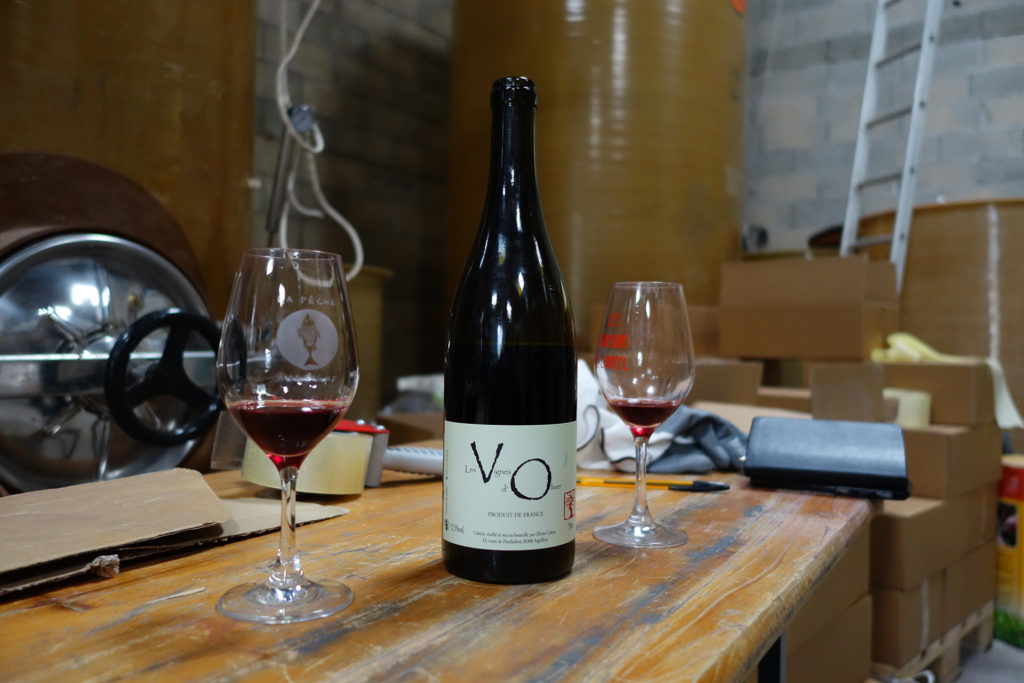
I first encountered Cohen in June 2015 at the “Vivent les Vins Libres!” wine tasting, hosted by restaurateur Gilles Benard beside the Parc de Buttes Chaumont in Paris. Cohen was pouring samples of his debut vintage, alongside many more established and renowned natural winemakers, including Antoine Arena and Jean Foillard. Cohen wasn’t the only young winemaker present, but he was the youngest, distinguishing himself not only with his debut wine—a tightly coiled, reduced, but promising blend of Syrah, Merlot, and Carignan called “Ronds Verts”—but with his smiling familiarity in selling and describing it. He was at ease among Parisians and fellow vignerons alike in a way few totally-new faces are at such tastings.
Part of it is attributable to Cohen’s significant natural charisma. The other part is probably due to his unusually well-rounded path to winemaking, which included experience in both natural wine retail and the vineyards and cellars of legendary domaines throughout France.
He’s aware of his good fortune in this regard.
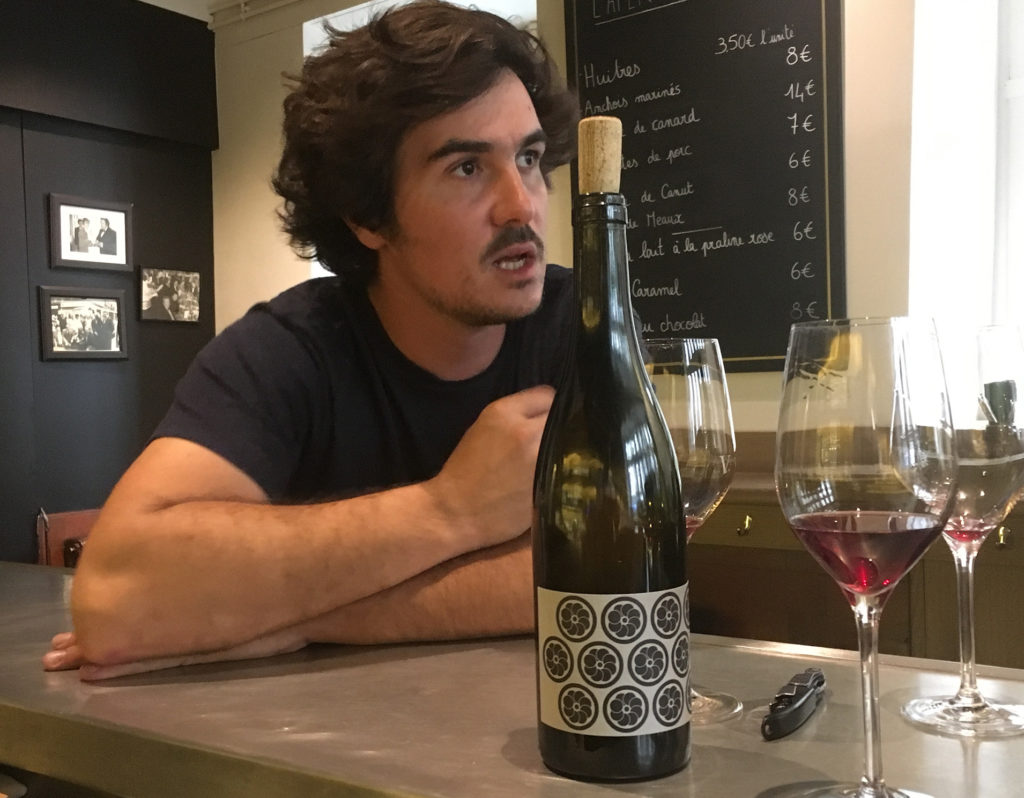
“I discuss with older winemakers, who see me start to sell wine and make things happen after only five years,” he says, recalling a conversation he had at the recent “Les Vins de Mes Amis” tasting in Montpellier. “I said, ‘Your generation benefitted ours with the possibility of selling wine, with this visibility [in the market].’”
Cohen had no roots in the wine business. His father, Pascal, supported the family with a store that sold jeans in a shopping mall in Nice. Upon finishing his studies at lycée, Cohen prepared to enter business school, before deciding instead to study law. But there his studies were soon threatened by the school’s proximity to La Part des Anges, the renowned Nice natural wine shop and wine bar run by veteran caviste Olivier Labarde on rue Gubernatis.
Studying informally under Labarde, Cohen acquired a passion for the subculture of natural wine.
“I was failing my studies, and I told Olivier [Labarde], ‘You should hire me because I spend more time at your place than at the school!’” says Cohen.
Labarde agreed—but on the condition that Cohen first obtain his law degree. So it was that Cohen graduated from law school and promptly began working at Nice’s premier natural wine destination. After a year, with Labarde’s blessing, he left to do internships with a succession of storied wine domaines: Domaine Valette in the Mâconnais, Domaine Arena in Corsica, Domaine Rivaton in the Roussillon, Thierry Allemand in Cornas.
He found himself drawn to the idea of becoming a winemaker.
“The problem was, we were from Nice!” says Pascal Cohen, as we make our way back to the winery. “At the beginning, we were in conflict. Then quickly we took his side and helped him.”
Cohen credits his father, Labarde, and Cecille Valette with orienting him towards making wine rather than serving it.
“It’s a good balance for me because when I’m in a place that serves wine, I’m not serious. I think it would have been too much for me. Viticulture is good for that. You have the time to be outside, to not drink during the week, to take your time.”
Cohen still mulls over his decision, last summer, to refrain from plowing in mid-season to avoid compacting his vineyards’ soils.
“If I’d gone through with the tractor, we would have lost fewer grapes. I don’t regret it for the soil health,” he says, “But I regret it for the yield.”
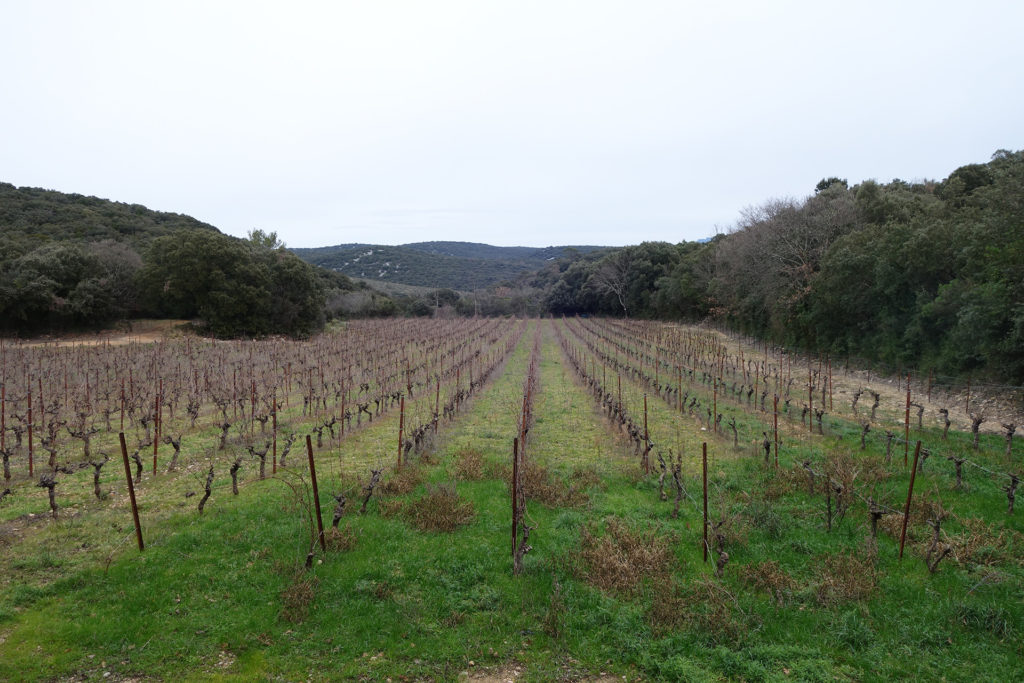
In 2018, a banner year for yields in much of France, Cohen brought in just 18 hectolitres per hectare, with big losses to mildew. The year’s wines sit in tank—all fiberglass save one steel—and barrel in Cohen’s surprisingly spacious winery. He acquired the winery and its vines in one purchase, from a retiring winemaker called Bernard Boubal, whose domaine’s sign, bearing the name “Mas Ginestra,” still hangs at the entry to Cohen’s driveway.
Partly to counterbalance this year’s low yields, Cohen recently released several cuvées of unfiltered, unsulfured négoçiant wines, a project he’s entitled “La Déferlante.”
The range includes a red blended from the same Syrah, Grenache, Carignan, and Cinsault grapes in both 2017 and 2018; a Chenin from Limoux; and an oddball Chenin-Syrah-Grenache rosé blended from portions of the two aforementioned grape purchases. (Cohen is, incidentally, a minor specialist in unfiltered rosés, having released two—one lighter, one darker—for several previous vintages. In 2018, a darkly colored vintage, he decided his domaine wine musts were too dark for rosé production.)
The curious blend of his 2018 “La Déferlante” rosé was essentially an improvisation, one which illuminates Cohen’s wider tendency to employ mixed-vintage blending. His tanks of 2017 Chenin from Limoux are, at time of writing, lingering over their last 4g of residual sugar. Meanwhile, he had a tank of short carbonic macerated Syrah and Grenache that was totally dry. It occurred to him that blending the two would yield a wine with under 2g of residual sugar, which is to say, one that is technically dry, and liable to be relatively stable in the bottle without sulfur or filtration (at least compared to one at 4g residual sugar). He tried the blend of Chenin, Grenache, and Syrah, liked it, found it stable, and figured, “Why not?”
“It’s not always an objective, to assemble vintages,” he says. “It’s not just a decision of taste. It’s also a vinification decision. If we want to skip filtration—and more marked interventions—we should leave ourselves the liberty and the choice elsewhere.”
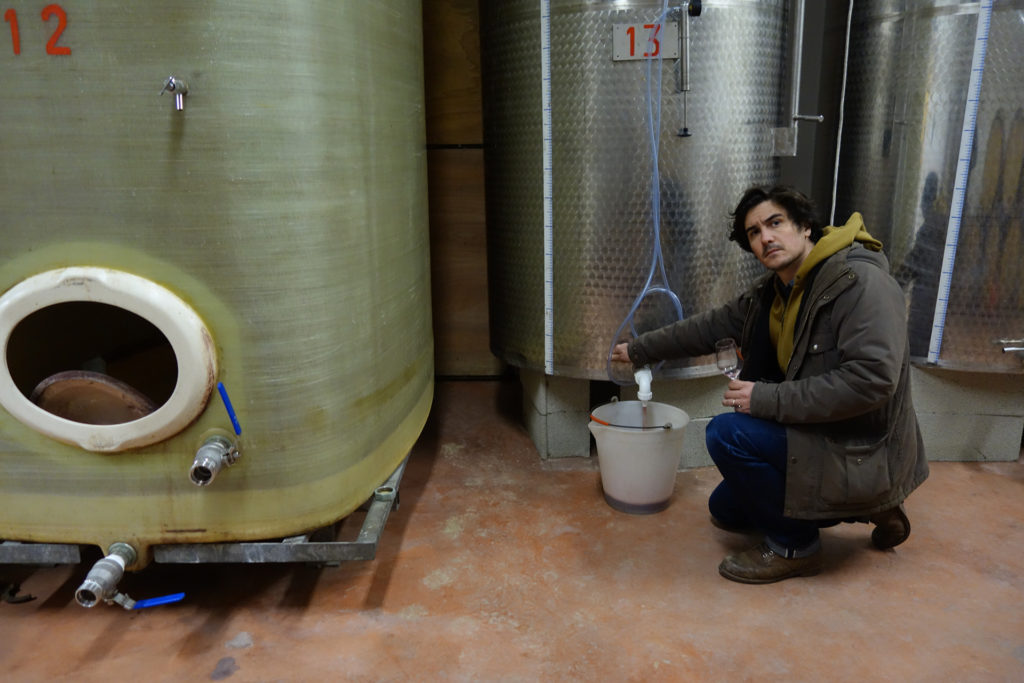
Today Cohen aims to divide his production between happy near-accidents like his “Déferlante” rosé, and his domaine wines, in which he lately seeks more precision. To this end, he’s not averse to adding a milligram or two of sulfur at racking or bottling, where he deems it necessary. Increasingly he experiments with long-aged versions of his wines, as with his recently released “Rond Noirs – Élévage Prolongé,” a fulsome blend of Grenache, Merlot, Carignan, and Syrah from both 2016 and 2017.
Today, as a light rain begins to fall outside the wide doors of his winery, we barrel-sample a 2018 blend of Mourvèdre and Merlot from vines situated behind the building. The wine is dry already, forthright and pure, with supple tannins and a wholesome, chewy black fruit. I venture it has the calmness and the gravity of the work of a much more experienced winemaker.
“I have the impression the wines are gaining in length on the palate,” agrees Cohen. “It’s four years now that we’re handling the viticulture. I think that starts to have a resonance in the wines.”
There’s a pause, we swirl our glasses, sniffing, listening to the rain on the driveway.
“At least, I hope it does,” he adds, grinning at his father. “If not, we’re putting ourselves through hell for nothing! So if it isn’t the case, I don’t even want to know.”
